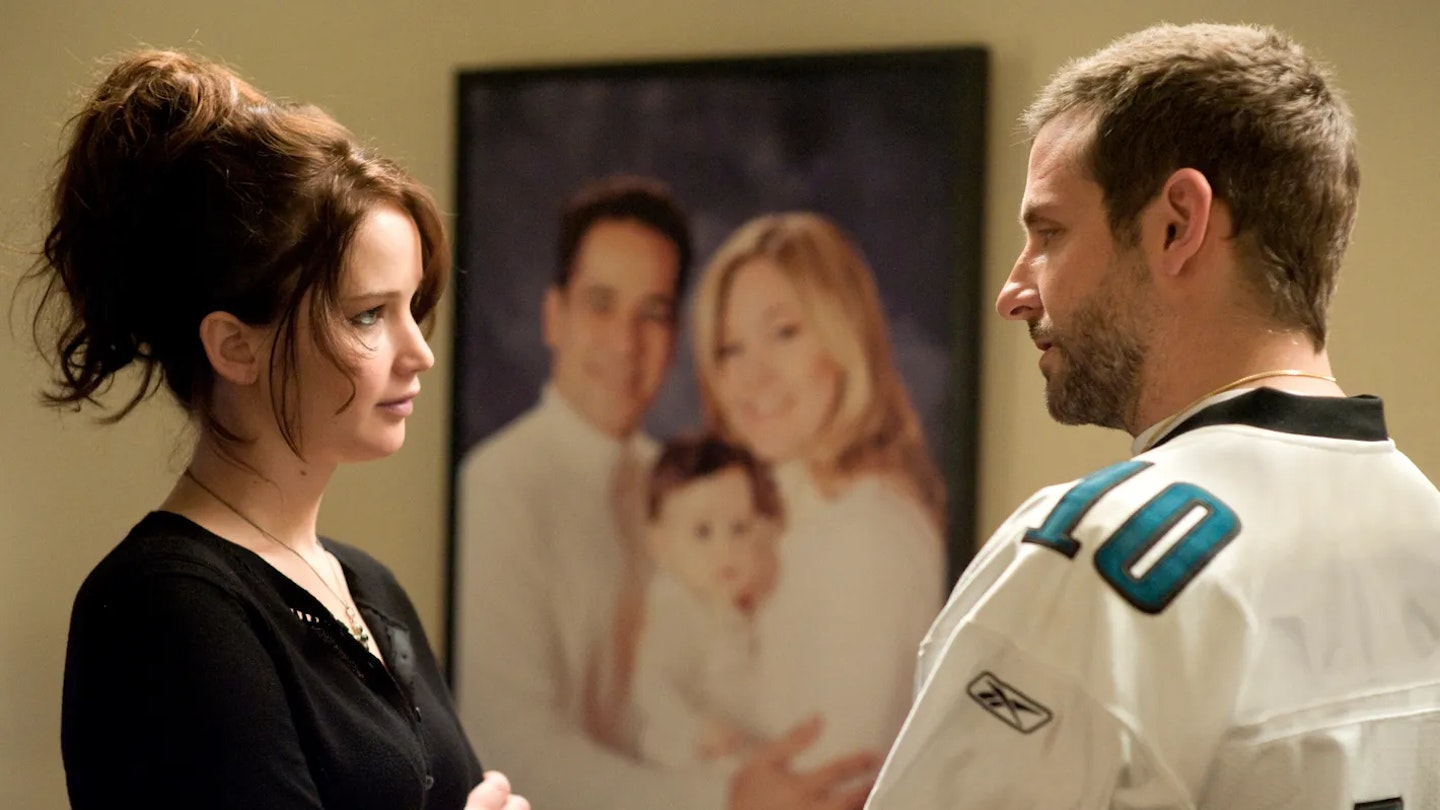I’m lying in a hospital bed and I have little memory of how I got there. I sit up and suddenly realise that I have my second year university exams in a matter of weeks. The panic hits me. I have to revise. I have to do well. What am I doing here? I remember a blur of booze and pills and tears. I reach for the tube in my wrist and I start pulling it out. I’m pulling and pulling and there seems to be yards of tubing inside me. I finally get it all out and the hospital bed is soaked in blood. I get dressed, blood staining the arm of my coat. I run out of the hospital, get on the bus and go back to my flat to revise.
Borderline Personality Disorder is a mental illness that manifests itself in a range of distressing symptoms and abnormal behaviours. It’s was recognised as a disorder of mood in 2015 that affects how the sufferer is able to relate to other people - if you have BPD, you’ll experience extreme emotions and may go through periods where you totally lose touch with reality. Between 60% and 70% of BPD sufferers will attempt suicide at some point during their lives – which is a terrifying though for me.
Your emotions get really crazy
When I’m explaining BPD to people for the first time, I usually describe it as having overwhelming emotions that are very difficult to deal with. My emotional state can change very quickly, pushing me from euphoric happiness to crushing despair within the space of a few hours. My feelings always seem completely valid to me, when they usually aren’t grounded in reality at all. After a perfectly nice evening with friends, I might still go home and burst into tears because I feel like I said all the wrong things and none of the people I was with really liked me. I have to trust my partner when he tells me that my assessment of the situation isn’t correct, and my feelings aren’t rational. My emotions can feel like huge waves breaking over me, knocking the wind out of my chest and pushing me underwater.
BPD often accompanies other mental health problems
Due to the overwhelming emotions that come as part of BPD, the illness often goes hand in hand with other mental health conditions, including anxiety and depression. For me, it made slipping into the grip of a nine-year eating disorder very easy. I suffered from serious anorexia, dropping to five and a half stone, and this quickly segued into bulimia, making the mood disorder elements of BPD so much worse. It’s a lot harder to cope with life when you’re got that going on.
It’s difficult to maintain relationships
Mental illness isn’t particularly easy for other people to understand, particularly when it manifests itself in so many different ways. When I was completing my undergraduate degree and my BPD and eating disorder were at their worst, I lost most of my friends because I was judged as attention-seeking, difficult, a drama queen, pathetic, and selfish for not ‘pulling myself together’. I now have a much smaller friendship group, and I am very careful who I tell when I’m having a bad ‘BPD day’. It’s still difficult to form strong friendships, as I’m crippled by the fear that people won’t like me and will reject me like my university friends did, if they find out that I’m unwell. I have a few close friends who know.
**You take unnecessary risks **
One of the scariest parts of BPD is that I often have impulses to do certain things that I know are harmful to me, but I think they will make me feel better in the short term and make the pain of overwhelming emotions go away. I have to work very hard to keep myself in balance from day to day, so I don’t get into a place where I think that disappearing for days at a time, or walking around at four in the morning on my own, or self-harming (all things I used to do regularly to try to manage my emotions) are really good ideas. Impulsive behaviour, often fuelled by drugs or alcohol, seems like it will have no consequences at the time, but it always does and it’s very difficult for people who care about you to deal with.
Getting treatment is not easy, but there are ways you can cope
Many GPs aren’t trained to recognise the symptoms of Borderline Personality Disorder, so it can be a struggle to get a diagnosis. Outwardly presenting symptoms like depression and related behaviours like self-harm are often focused on by doctors, leaving the underlying problem unchallenged.I got diagnosed with BPD when I was 19, during my treatment at an eating disorders outpatient clinic. The Compassion Focussed Therapy used to combat my mix of anorexia and bulimia was really helpful, as were books that taught me how to use Dialectical Behavioural Therapy to alter my thought patterns. I try to keep my environment as calm and stable as possible, because when I feel safe, I’m less likely to experience BPD symptoms. I have mood boards that remind me of all the good things in my life, things I have achieved, and reasons why I’m a worthwhile person. There are still bad days, but I have a very supportive partner and family, and two beautiful kittens, and just sitting down and stroking them can chase away some of the worst overwhelming emotions.
You might also be interested in...
